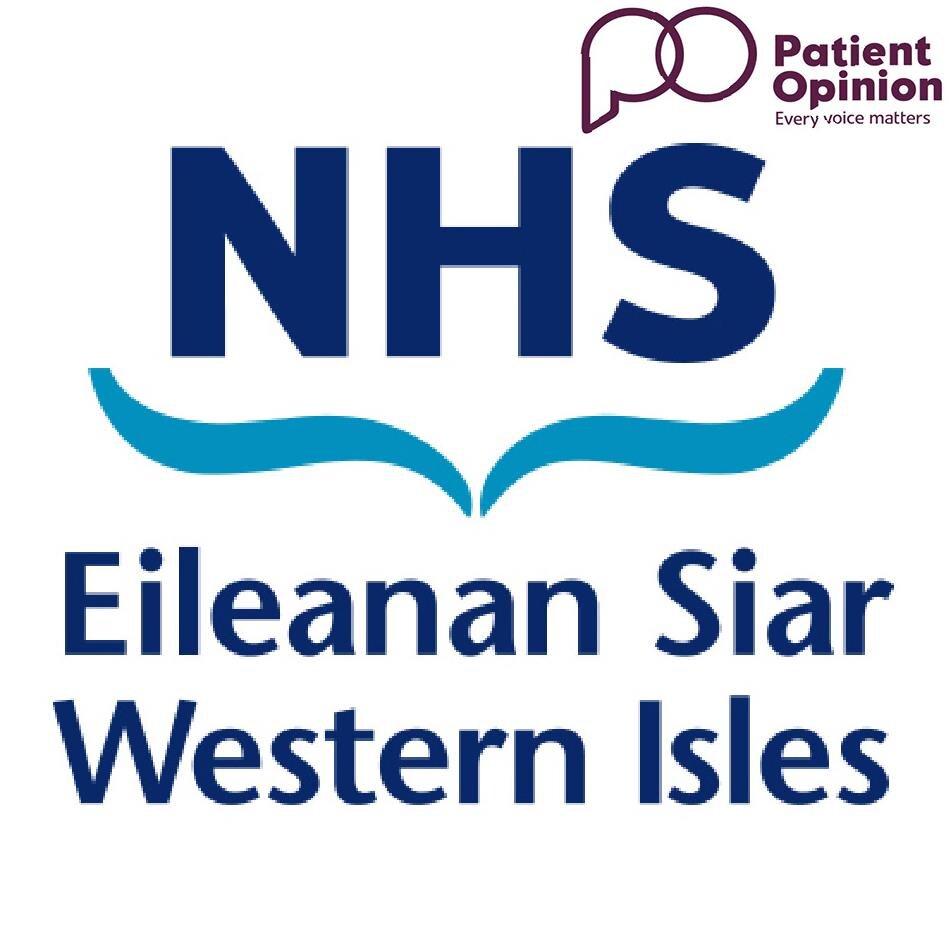More patients in the Outer Hebrides are being given consultations by video link to cut down on trips to the mainland.
The first video conferencing haematology appointment took place at the Western Isles Hospital in Stornoway last week.
NHS ‘Near Me’ was pioneered by NHS Highland and is now a collaborative programme between the mainland board and NHS Western Isles (NHSWI).
It uses a video conferencing system which has a virtual waiting room environment, making it as close to a traditional consultation as possible.
The new NHSWI service has been developed to provide health care as close as possible to patients’ homes by offering appointments with consultants and other specialists via video link.
The move not only saves many patients from travelling to the mainland – often spending a day or more away from home to attend a short 10-15 minute consultation – but also frees up NHSWI resources for use in front-line care.
NHSWI Medical Director, Dr Angus McKellar, said: “We are acutely aware that we send many patients away to the mainland in order to access health care when we should be providing this locally.
“This ‘Near Me’ initiative helps us to deliver health care to the patient, instead of delivering the patient to healthcare.
“A lot of work has been done over the last two years in preparing for this, and we have already established video consultations for many patients with various conditions who have been able to meet with consultants using video conferencing.
“Patient feedback has been very positive; and this ‘Near Me’ initiative is the next step in this becoming mainstream and will initially include patients attending haematology clinics.”
Although NHSWI has utilised video conferencing for clinics in the past, a dedicated NHS ‘Near Me’ room has been established at Western Isles Hospital, with appointments for island haematology patients now being booked.
Initially the service will be used, where appropriate, for haematology patients living in Lewis and Harris. However, NHSWI plans to extend the service to Uist and Barra as well.
And other specialities where patients can be particularly vulnerable to the rigours of travel, such as oncology, are also being considered.
Dr McKellar added:“We will pay careful attention to patient and clinician feedback during this phase and make sure that any teething problems are addressed.
“Our intention is then to extend this to cancer clinics in collaboration with our oncology colleagues in Raigmore (Hospital, Inverness), to ensure that, where possible, these patients do not have to make unnecessary journeys.”
